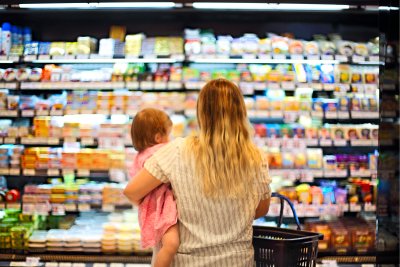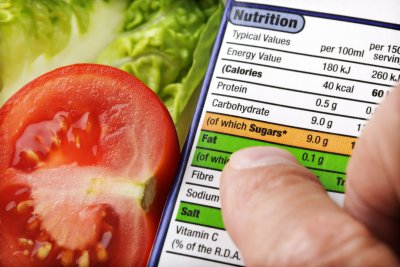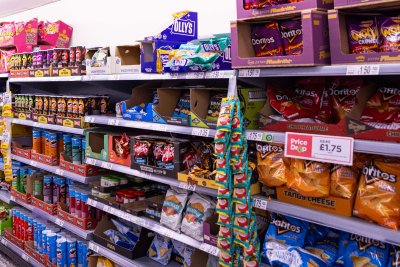 Peanuts. Photo credit: Pixabay
Peanuts. Photo credit: Pixabay

Out of 6,602 food samples tested for allergens by Local Authorities in 2016, 2017 and 2018, 1,213 were found to contain traces of allergenic substances. In each case there was no indication of the allergen’s presence in the food product. In England, more than 20 per cent of samples contained an undeclared allergen, in Scotland just under 8 per cent, and in Wales nearly 44 per cent.
Peanuts were the most commonly detected allergen, found in five per cent of tested food samples, but a range of high-risk allergens were found, including gluten, milk, egg, sulphites, soya, sesame, mustard and other nuts.
The study also found that, over these three years, the number of food samples tested for allergens fell by over a quarter, with 20 councils taking no allergen samples at all. This is part of a wider long- term decline in total food sampling, which has plummeted by nearly 60 per cent since 2009.
A snapshot of the findings
- 71,474 total food samples were taken by Local Authorities in England, Wales and Scotland in 2016, 2017 and 2018
- 15,591 of these were found to be unsatisfactory in some way (22%)
- Most of these (8,791) were found to have 'labelling and composition faults' (which include labelling, unauthorised/ misleading health claims, composition and substitution).
- Of the total unsatisfactory samples, 3,375 were meat or meat products
6,602 allergen samples were taken over this period - 1,213 samples in England, Wales, Scotland contained at least one undeclared allergen (18.4%)*
- In Wales, 43.8% samples contained at least one undeclared allergen (208 of 474)
- In Scotland, 7.8% samples contained at least one undeclared allergen (144 of 1857)
- In England, 20.2% samples contained at least one undeclared allergen (861 of 4271)
- Peanuts formed the majority of undeclared allergens present (328 samples), followed by gluten (223), egg (203), and milk (159)
- 20 councils took no allergen samples at all over this period
*Note that the proportion of failed results from Local Authority sampling will be higher than they would be from random testing, as councils may target poorly performing food businesses, or take samples following tip-offs from the public.
The Food Standards Agency has stated that around ten people die from allergic reactions to food every year due to undeclared allergenic ingredients. Reported allergy incidents resulting from incorrectly labelled packaging has increased steadily in recent years, raising concerns about whether Local Authorities are receiving, and allocating, sufficient resources to adequately discharge their food enforcement responsibilities.
There are now just three Local Authority staff in post per 1000 UK food establishments, with food law enforcement staff numbers falling by a third since 2009. Local Authorities in England and Wales served Improvement Notices to just 154 food businesses last year for food standards offences.
For more information, see Unchecked's report; The UK’s Enforcement Gap.
Better Food Britain: We want everyone to be able to enjoy food that is good for our health, produced in a way that supports good livelihoods, reduced waste and greenhouse gas emissions, high animal welfare and restoration of nature. Find out how.
Sustain
The Green House
244-254 Cambridge Heath Road
London E2 9DA
020 3559 6777
sustain@sustainweb.org
Sustain advocates food and agriculture policies and practices that enhance the health and welfare of people and animals, improve the working and living environment, promote equity and enrich society and culture.
© Sustain 2026
Registered charity (no. 1018643)
Data privacy & cookies
Icons by Icons8







